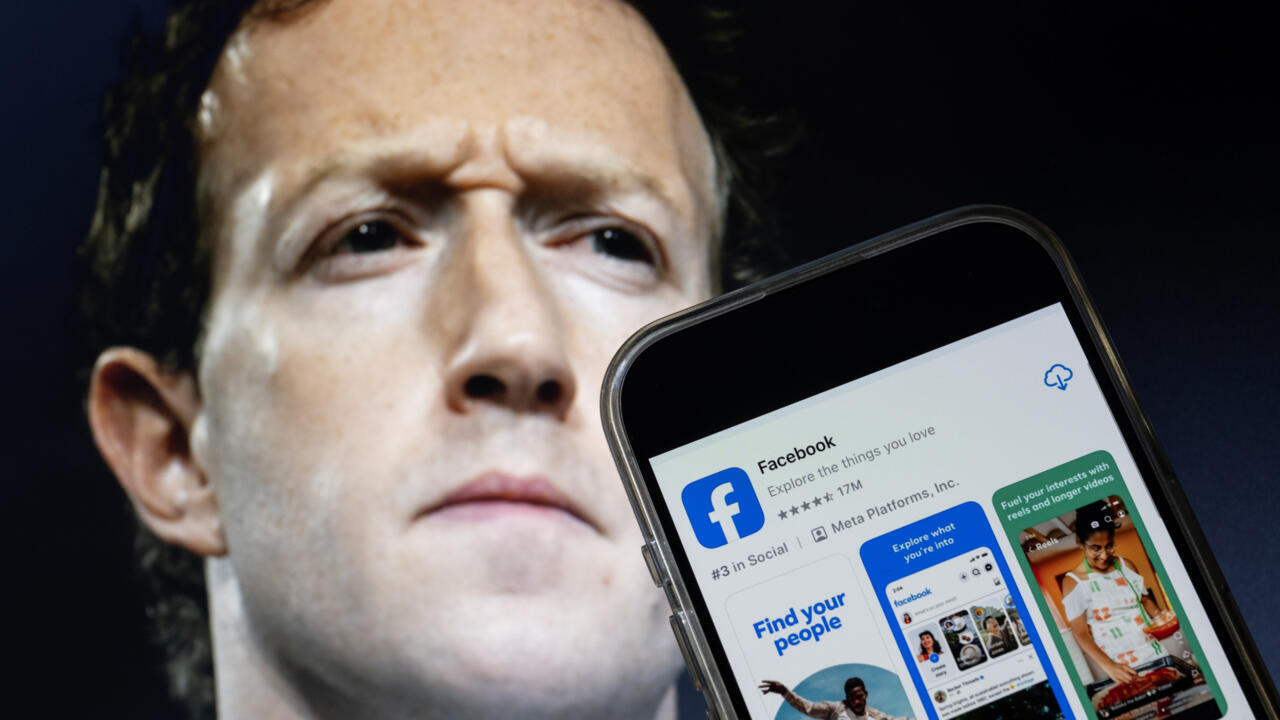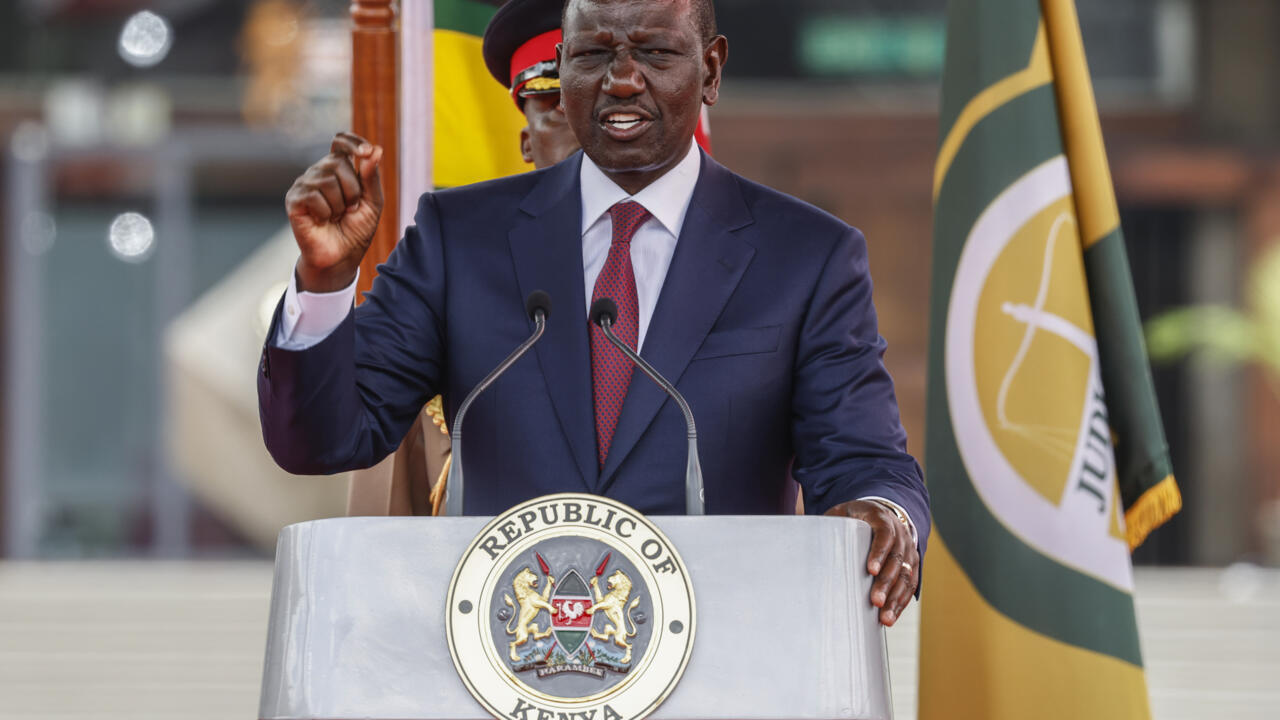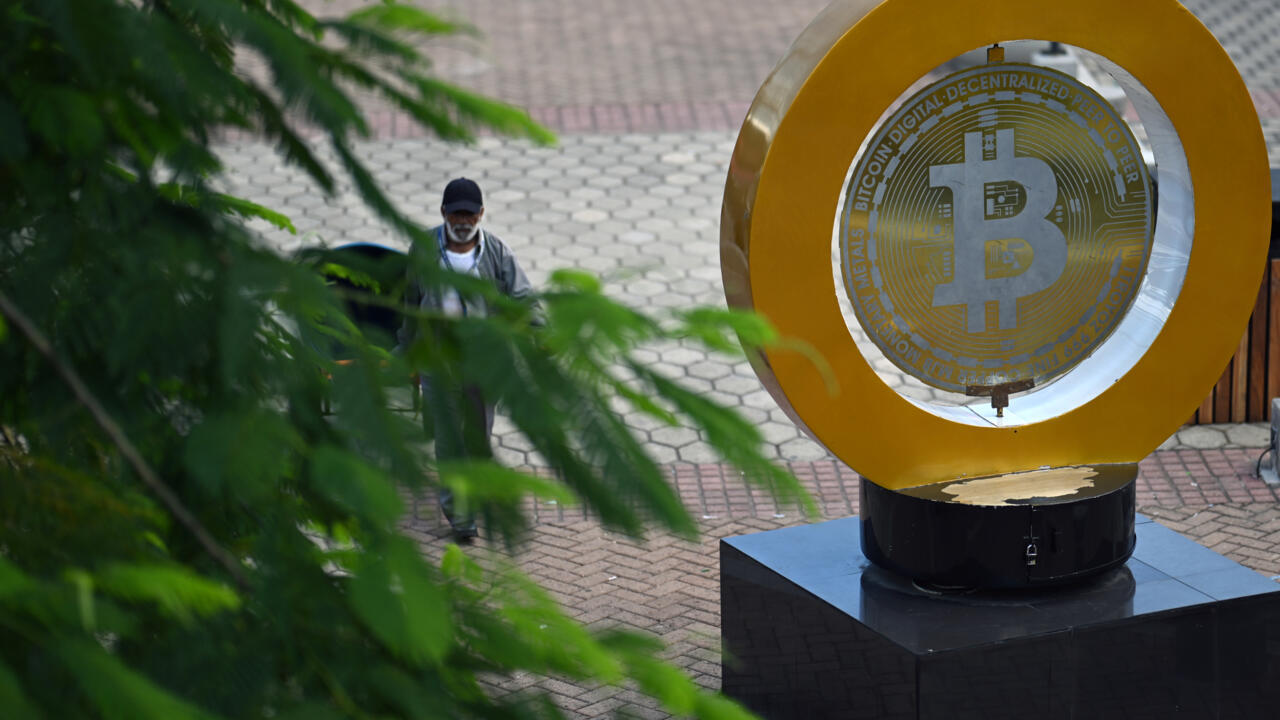Facebook parent Meta’s move into fact-checking came in the wake of Trump’s shock election in 2016, which critics said was enabled by rampant disinformation on Facebook and interference by foreign actors, including Russia, on the platform.
It was long-criticized by conservatives who found themselves ensnared in its anti-disinformation work.
Its paring down comes days before Trump’s inauguration, and after several US tech barons have pushed for a comfortable relationship with the incoming president.
Since the November election, a stream of senior moguls have traveled to meet with Trump at his Florida estate, including Zuckerberg as well as Apple CEO Tim Cook and Amazon founder and space tech executive Jeff Bezos.
Amazon and Meta have both announced $1 million donations to Trump’s inauguration fund, as reportedly has Apple’s Cook, in a personal capacity.
Musk, meanwhile, owner of influential social media platform X and the world’s richest person, is one of the president-elect’s closest advisors.
It’s all a far cry from when the Republican saw himself kicked off of Facebook and Twitter for the risk of inciting violence, following the storming of the US Capitol by supporters hoping to reverse the 2020 election results.
Four years later, tech companies are coming off a Joe Biden administration that shook up much of the sector with antitrust investigations — with the free speech, deregulatory outlook pushed by those in Trump’s orbit holding fresh appeal.
The fact-checking shake-up is “a decision that advances Zuckerberg’s business goals: fact-checking is difficult, expensive and controversial,” Ethan Zuckerman, a public policy professor who recently sued Meta over its algorithm policies, told AFP.
But for those in the right-wing tech sphere, the decision is a course correction.
“For those of us who have been fighting the free speech wars for years, this feels like a major victory and turning point,” investor David Sacks, set to take an artificial intelligence portfolio in Trump’s government, said.
He went on to thank the incoming president “for creating this political and cultural realignment.”
‘Probably’ a result of threats
Trump has been a harsh critic of Meta and Zuckerberg for years, accusing the company of bias against him and threatening to retaliate once back in office.
When asked by reporters if he believed the fact-check move was a response to his threats against Zuckerberg, Trump responded: “Probably, yeah.”
A rapprochement between Zuckerberg and Trump has been a long time coming: Meta also recently put Trump ally Dana White on its board.
That decision, and the move to slash the fact-checking operations, came after Trump’s Federal Communications Commission pick, Brendan Carr, accused Facebook, Google and Apple of “playing central roles” in a “censorship cartel.”
Sam Altman, CEO at OpenAI, has meanwhile sent his own signals to the incoming administration, telling conservative broadcaster Fox News in December he was confident Trump would keep the United States a leading player in the artificial intelligence sector.
His response to Musk’s influence in the incoming administration — which has sparked warnings of conflicts of interest — was also warm.
“It would be profoundly un-American to use political power to hurt your competitors and advantage your own businesses,” Altman said, adding “I believe pretty strongly that Elon will do the right thing.”
Musk signals approval
Brown University political science professor Wendy Schiller is not surprised that social media companies like Meta are walking away from fact-checking because political parties and social media companies thrive when there is division.
He adds, however, that “the saving grace may be that there are still a number of competitive social media outlets so that no single person or company controls all the flow of information, and that includes government.”
Facebook will be replacing its fact-checking program with a “community notes” style feature, similar to the one used on Musk’s X platform.
Musk quickly signaled his approval, calling the change “cool.”
AFP currently works in 26 languages with Facebook’s fact-checking program, in which Facebook pays to use fact-checks from around 80 organizations globally on its platform, WhatsApp and Instagram.
© 2025 AFP






